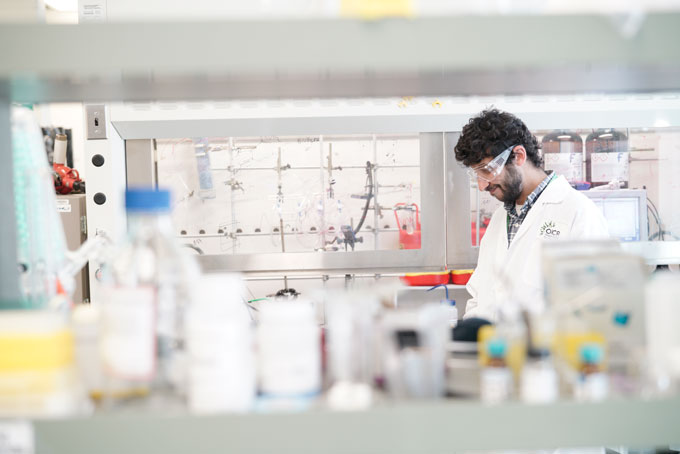Reference




OpenAI's Answer
Collaboration has significantly boosted cancer drug discovery efforts by pooling expertise, resources, and technology from various sectors. Here are some key contributions:
-
Multi-Project Alliances: Initiatives like Cancer Research Horizons have demonstrated how multi-project collaborations can lead to innovative drug discoveries through partnerships between academia, non-profits, and industry players. These alliances help in sharing risks, costs, and rewards, further accelerating the discovery process source.
-
Public-Private Partnerships: These collaborations have facilitated the sharing of data and compounds, leading to the development and clinical approval of numerous cancer drugs. Such partnerships integrate knowledge from diverse stakeholders like the National Cancer Institute (NCI), community hospitals, and private companies, enhancing the overall research and treatment capabilities source.
-
Symposiums and Conferences: Events such as the Stanford Cancer Institute's Advances in Mass Spectrometry Enabled Drug Discovery Symposium bring experts together, fostering discussions on challenges and opportunities. These gatherings highlight the recent achievements and ways to address ongoing issues in cancer drug development source.
Collaborations in cancer drug discovery are vital for leveraging cross-disciplinary knowledge and driving innovation toward efficient cancer treatment solutions. Here are some related images:
Follow Up
Related
What are the key contributions to addressing ethnic and socioeconomic disparities in cancer survivor
What awards and honors have been received by the individual for cancer research?
What is the significance of tyrosine phosphorylation in cancer cells?
What significant discoveries have been made in colorectal cancer research?